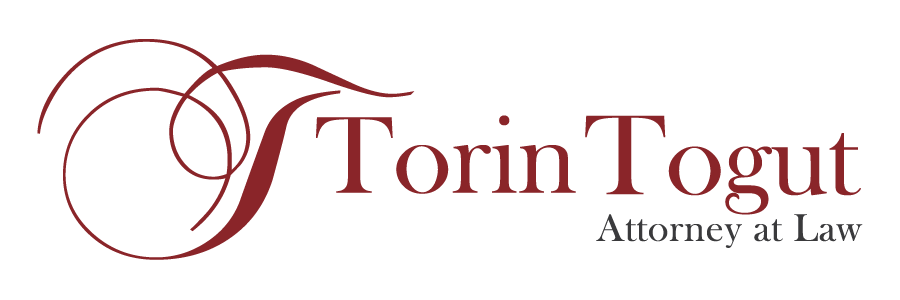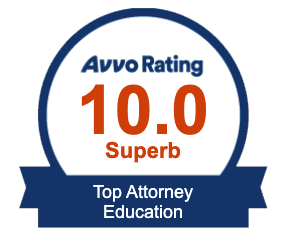In recent posts, I have outlined peer review research that supports appropriate methodology for children with autism. This is not to say that I have outlined all methodology that may be appropriate for children with autism. I have not mentioned, for example, the Lovass method is similar but also somewhat different than ABA therapy. Lovass is still considered a recognized peer review researched method for instructing children with autism. The point is that one size does not fit all. Each child with autism is unique and you should consult with autism expert(s) to determine what methodology may be best for your child. And you might try one methodology and find that it is not well suited for your child, which means you should try another one. Trial and error is sometimes the best alternative. Just because one type of methodology does not work well for your child does not mean that other methodologies will not work either. In any case, you should question IEP members vigorously why they think their recommended methodology is appropriate for your child and whether it is peer review researched. This leads me to my next point. Even if the particular methodology is not peer review researched, this does not mean a school system cannot use an “eclectic” method which could a hodgepodge of different strategies and interventions. Some courts have been fuzzy defining what are appropriate methodologies for children with autism.
I have cited here several federal court decisions that analyze what are appropriateness methodologies for children with autism. Please read these decisions with a grain of salt. What does this mean? It means that these federal court decisions are not necessarily considered precedent for deciding the merits of your case. First, if you live in Georgia and litigate a case here, only those cases decided by the Eleventh Circuit Court of Appeals are binding precedent for your case. Federal court cases decided in any other circuit may be persuasive but not binding on the court in your case. It is very important that you view federal court decisions from other jurisdictions outside of Georgia and the Eleventh Circuit with a sense of caution. These decisions may seem like they fit your case but may not. As lawyers, we often cite cases that we believe are favorable to our arguments and distinguish those we find do not fit our legal arguments or are factually different from our clients. Ultimately, a court has to decide whether any case is applicable and to what extent when it compares your case.
In Burilovich_v. Bd. of Educ. of Lincoln Consolidated Schools, 208 F.3d 560 (6th Cir. 2000), the court held that school district’s methodology would provide the child with autism a free appropriate public education rather than a home-based Lovass (Discreet Trial Training) program. In Dong v. Bd. of Educ. of Rochester Community Schools, 197 F.3d 793(6th Cir. 1999), the court held the TEACCH method and Lovass method would both provide child with autism a free appropriate public education but the school proposed the method which would occur in the least restrictive environment and for this reason that method was upheld. In Adams v. State of Oregon, 195 F.3d 1141 (9th Cir. 1999), the court held the Lovass method was not the only method provided child with autism and free appropriate public education and school’s preferred methodology was upheld. In Deal v. Hamilton County Dept. of Educ., 392 F.3d 840 (6th Cir. 2004), the court held the parents were entitled to reimbursement of ABA services provided to their child with autism after school district refused to provide such services. In G. v. Fort Bragg Dependent Sch., 343 F.3d 295 (4th 2003), the court held the Lovass method is a methodology for the education of children with autism developed by Dr. O. Ivar Lovaas at UCLA. The Lovaas method “involves breaking down activities into discrete tasks and rewarding a child’s accomplishments.” MM ex rel. DM v. School District of Greenville County, 303 F.3d 523, 528 n.8 (4th Cir. 2002). While it “has been widely modified over the years by professionals and parents, . . . common characteristics include intensive training one-on-one, 30-40 hours per week, discrete trial therapy (DTT), and an in-home component (as opposed to therapy in a professional setting.”). (Cit. omitted). In County Sch. Bd. v. R.T., 433 F.Supp. 2d 657 (E.D. Va. 2007), the court ruled the ABA method provided a child with autism a free appropriate public education and that TEACCH method did not. In this case, the district court provided good discussion of comparison between ABA and TEACCH methods and why the TEACCH method was inappropriate for the child in this case. In Bucks County Dept. of MH/MR v. De Mora, 379 F.3d 61 (3d Cir. 2004), the held the parent of a child with autism can be reimbursed for expenses and costs of providing Lovass program to her child. In Bd. of Educ. v. Michael M., 95 F.Supp. 2d 600 (S.D. W. Va. 2000), the district court ruled parents are entitled to reimbursement ordered by the hearing officer if they can prove that the home-based supplemental Lovaas program was reasonably calculated to provide their child with autism with a free appropriate public education.
If you have any questions about these court decisions, please let me know. Again, none of these decisions were decided by the Eleventh Circuit Court of Appeals. For this reason, none of the cited decisions are binding precedent for your case if you live in Georgia and litigate a case in court here.

